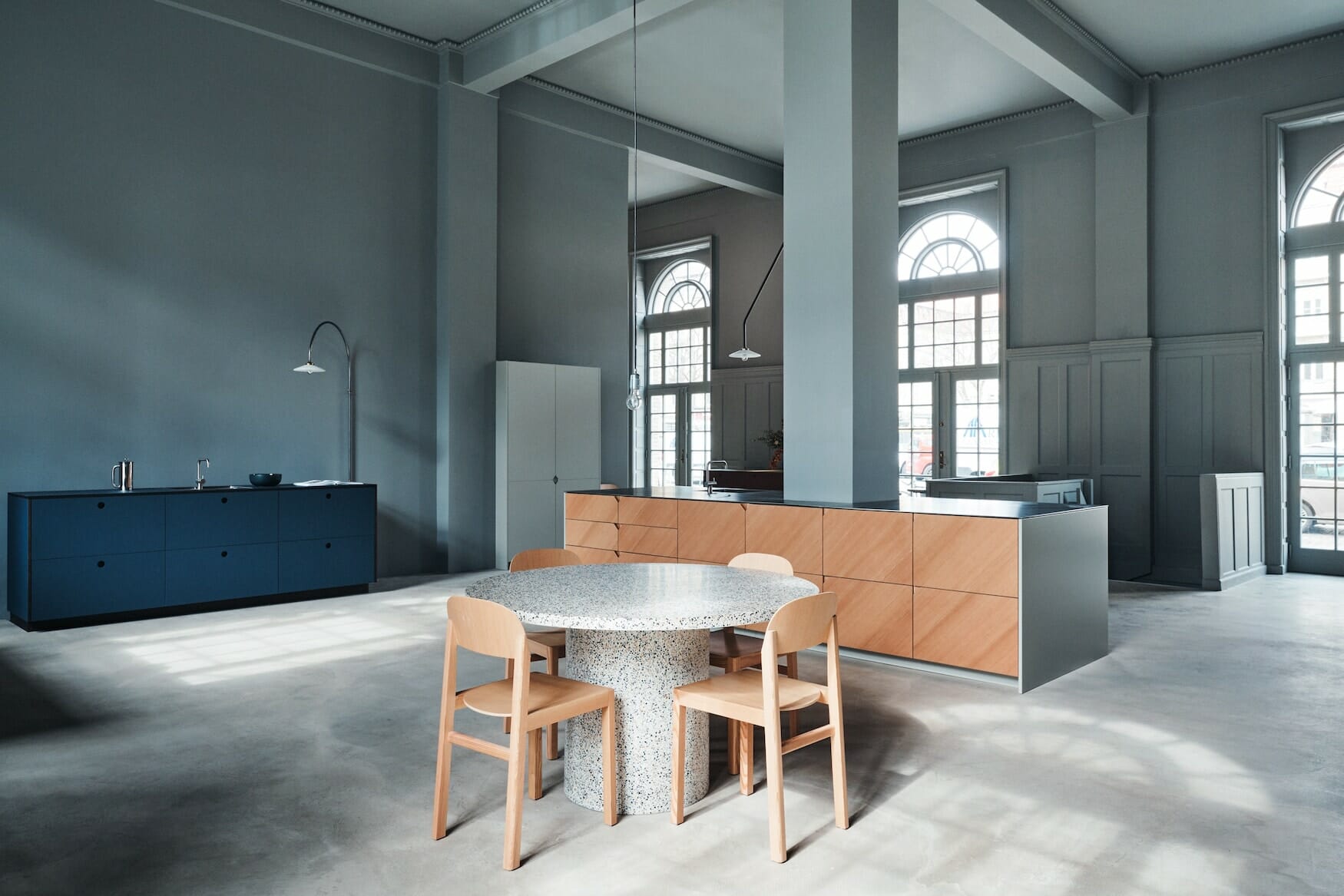
The Rise of Minimalism: A Trend That's Here to Stay
Minimalism is transforming lifestyles, promoting simplicity, and redefining consumer habits, proving to be more than just a fleeting trend.
Embracing Simplicity
In an increasingly complex world, many individuals are turning to minimalism as a way to simplify their lives. This trend is characterized by a focus on reducing clutter, both physical and mental, to create a more meaningful existence. By stripping away excess possessions and distractions, minimalism encourages individuals to prioritize what truly matters. This lifestyle choice is not just about owning fewer things but about living more intentionally. By embracing simplicity, people find that they have more time and energy to devote to personal growth, relationships, and experiences that bring genuine joy and satisfaction.
The Influence of Minimalism on Design
Minimalism is not confined to personal lifestyles; it has profoundly influenced various fields, particularly in design. Whether it's architecture, interior design, or fashion, the minimalist aesthetic is characterized by clean lines, open spaces, and a neutral color palette. This approach emphasizes functionality and form, often creating serene and harmonious environments. Designers and architects appreciate minimalism for its ability to enhance the user experience by focusing on essential elements. This design philosophy promotes sustainability, as it often involves using fewer resources and encourages the use of high-quality, durable materials.
Minimalism in Technology
In the realm of technology, minimalism has inspired the development of products and interfaces that prioritize user experience. Tech companies are increasingly adopting minimalist principles to create intuitive, easy-to-use devices and applications. This shift is evident in the design of sleek, uncluttered interfaces that emphasize functionality over flashy features. The minimalist approach in technology aims to reduce cognitive overload, allowing users to engage with technology more efficiently. By focusing on essential features and eliminating unnecessary complexity, tech products become more accessible, appealing to a broader audience who value simplicity and efficiency.
Financial Benefits of Minimalism
Adopting a minimalist lifestyle can lead to significant financial benefits. By prioritizing needs over wants, individuals can reduce their spending on unnecessary items, leading to substantial savings. Minimalism encourages mindful consumption, which means investing in quality over quantity. This shift in mindset can result in fewer purchases but of higher value, ultimately leading to a more sustainable financial future. Additionally, by decluttering and selling unused items, people can generate extra income. The financial freedom gained through minimalism allows individuals to invest in experiences and opportunities that enhance their quality of life.
Environmental Impact
Minimalism is not only beneficial for individuals but also for the environment. By consuming less and making more conscious purchasing decisions, minimalists contribute to sustainability. The reduced demand for products leads to lower production rates, which can decrease pollution and resource depletion. Minimalism also encourages recycling and upcycling, promoting a circular economy. By choosing eco-friendly products and supporting sustainable brands, minimalists can significantly reduce their carbon footprint. This environmental awareness aligns with a broader societal shift towards more sustainable living practices, making minimalism a powerful tool in combating environmental issues.
Mental Health Benefits
The minimalist lifestyle is closely linked to improved mental health. By reducing clutter and distractions, individuals often experience a sense of calm and clarity. This environment fosters mindfulness and encourages people to focus on the present moment. The reduction of material possessions and commitments can alleviate stress and anxiety, creating a more balanced and peaceful life. Many minimalists report feeling a greater sense of freedom and happiness, as they are no longer burdened by the pressure to accumulate or maintain unnecessary possessions. This mental shift can lead to increased productivity and a more fulfilling life.
Minimalism and Personal Growth
Minimalism can serve as a catalyst for personal growth. By focusing on what truly matters, individuals are encouraged to explore their values and priorities. This self-reflection often leads to a deeper understanding of oneself and one's goals. Minimalism fosters a mindset of gratitude and contentment, as individuals learn to appreciate what they have rather than constantly seeking more. This perspective can lead to stronger relationships, as people prioritize meaningful connections over superficial interactions. Ultimately, minimalism empowers individuals to live more authentically and align their lives with their core values.
A Trend That Endures
While some may view minimalism as a passing fad, its principles have proven to be enduring. As people continue to seek ways to navigate an increasingly complex world, the appeal of minimalism remains strong. Its emphasis on intentional living, sustainability, and personal well-being resonates with individuals across diverse demographics. Minimalism is adaptable, allowing people to tailor its principles to their unique circumstances and goals. As society continues to evolve, the minimalist trend is likely to persist, offering a timeless framework for achieving balance and fulfillment in an ever-changing world.